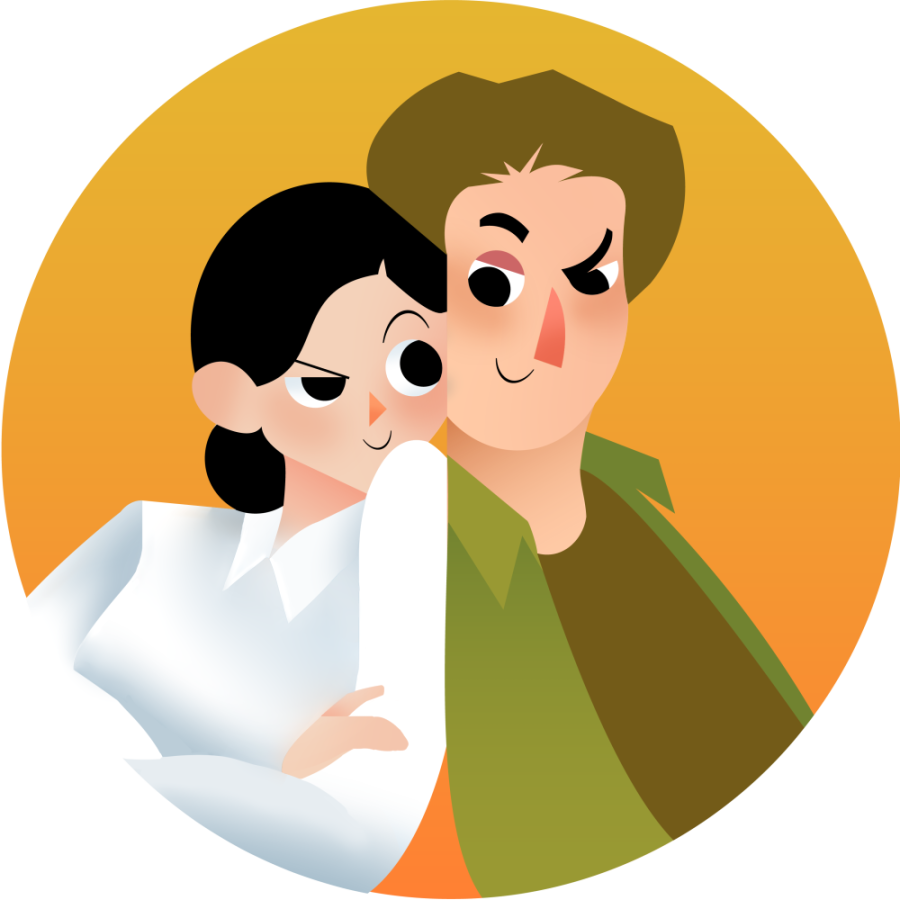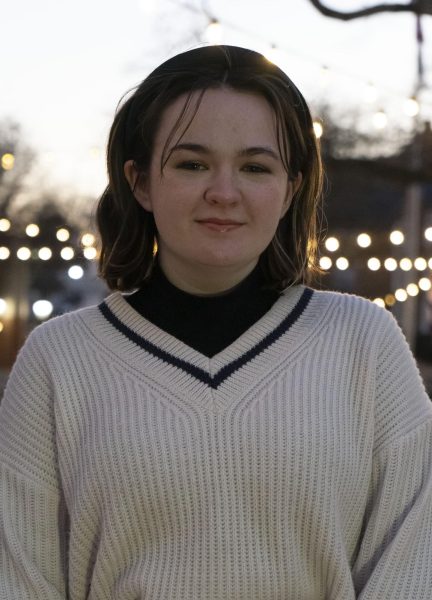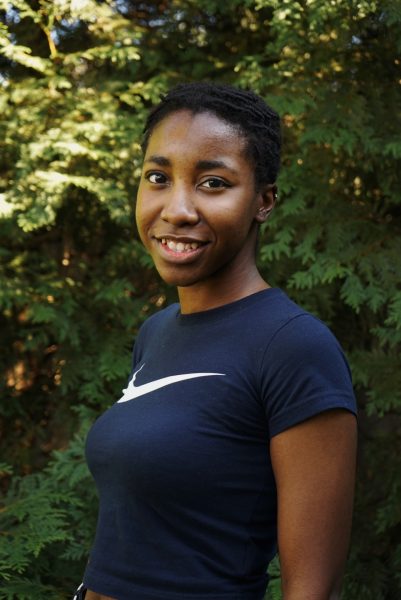“Much Ado About Nothing”
March 10, 2022
This February, UNA’s English Department hosted the English group Actors from the London Stage to perform their production of “Much Ado About Nothing.” The show was held on Friday the 25th and Saturday the 26th at the GUC Performance Center. The cast includes London Stage veteran actors — Chris Donnelly plays the roles of Don Pedro, Friar Francis, Watch, Ursula and Messenger; Katherine Newman as Hero, Leonarto, Sexton and Watch; William Donaldson as Claudio, Borachio, Antonio, Watch and Margaret– alongside newcomers to AFTLS, Annabelle Terry playing the roles of Beatrice, Don John, Bathlasar and Verges; and Thomas Richardson as Benedick, Dogberry and Conrade.
The production was unique in that there were only five actors playing roughly twenty roles. AFTLS was founded in 1975, making it one of the oldest touring Shakespeare companies. It was created at UC Santa Barbara by Professor Homer Swander and esteemed actor Sir Patrick Steward, but it is based in Ohio at Shakespeare at Notre Dame. AFTLS holds week-long residencies at universities around the United States to enhance students’ engagement with Shakespeare’s works in a hands-on way.
As for “Much Ado” itself, AFTLS actors managed to enhance Shakespeare’s timeless comedy. “Much Ado” is already a delightfully lighthearted romp, but the actors’ portrayal of the many characters adds so much to it. I was admittedly worried that I would not be as engaged with the show as I was the first time I saw it. I am not usually the kind of person who watches or reads something more than once — predictability, namely in entertainment, is not my friend. “Much Ado” is one of my favorite works by Shakespeare, so I went in with high expectations.
The character of Beatrice is already a proto-feminist icon, that goes without saying. I remember first watching a local production of “Much Ado” for a high school English field trip. At the time, I wasn’t all too enthralled with Shakespeare’s work. I was fifteen — works from over four hundred years ago weren’t something I actively sought out. My adolescent brain was tired of the constant damsel in distress characters I often saw in classics. From her introduction, though, Beatrice had captivated me. She unabashedly insulted the witty Lord Benedick (my favorite line being her stating that it is “a dear happiness to women” when he says that he has no intention to marry.) Terry’s delivery of these humorous and iconic lines was nothing short of perfect. She was humorous but serious when needed.
I cannot talk about Beatrice without also talking about Benedick. Richardson plays a wonderfully confident, occasionally egotistical Benedick. His chemistry with Terry was amazing. They are the original enemies to lovers. Despite vowing to remain a bachelor, it doesn’t take much manipulation from the other characters to have him head over heels for Beatrice. There were a number of times that the audience roared with laughter over his delivery. There were even a few moments where he seemingly spoke directly to audience members.
There is also humor in the quick changes between characters. Any scene with both Hero and her father, Leonarto, is interesting because both happen to be played by Newman. The way in which the actors did it was somehow seamless. During the scene of Hero’s humiliation, Newman does a wonderful job of maintaining the gravity of the situation, alternating between a begging, wrongly accused Hero and an ashamed Leonarto. Despite knowing what happens, I still found myself on the edge of my seat because of her performance. It was interesting to have multiple actors playing the same roles in a play centered around mistaken identities. Both Hero’s fiancé and the man she is accused of taking as a lover are played by the same person (Donaldson). The actors have props to assist in these changes. Hero wears glasses, while her father doesn’t. The watchmen wear neon beanies and those who are in Don John’s posse wear yellow ribbons rather than the Don Pedro purple, among many others.
Donnelly and Donaldson portrayed their respective characters wonderfully. Donaldson transformed from a lovesick Claudio to a conniving Boracio. What stood out most to me was his exceptional use of facial expressions to silently convey a message to the audience. While Benedick told of Claudio’s secret admiration of Hero, he did the classic “don’t tell anyone” gesture. There was also a running gag of his visual impairment without his glasses. When they’re taken off by Don Pedro, he stumbles around the stage. This is yet another excellent distinction between characters — Boracio does not wear glasses while Claudio does. Donnelly’s portrayal of Don Pedro was one that was scheming but also likable (which juxtaposes Terry’s Don John). The watchmen (Donaldson, Donnelly and Nerman) provided comedic relief during a more serious second act.
With well-placed song breaks and expert delivery, AFTLS breathe new life into Shakepeare’s work. Their witty deliveries make classics worth watching over again and made me feel as if I were experiencing the show for the first time again. Even the costuming resonated with both modern and original audiences. The beautiful way that AFTLS balance the two worlds makes for a unique, ever-evolving version of this Shakespeare original.




